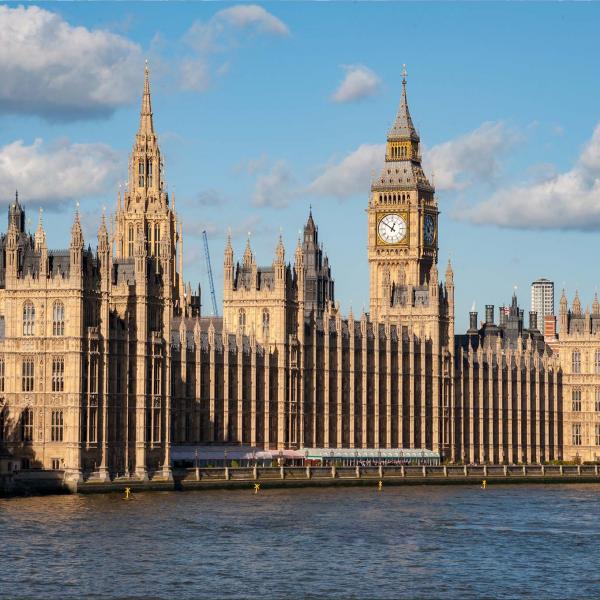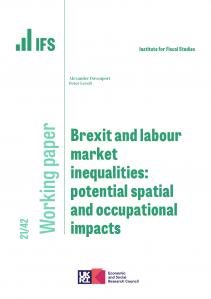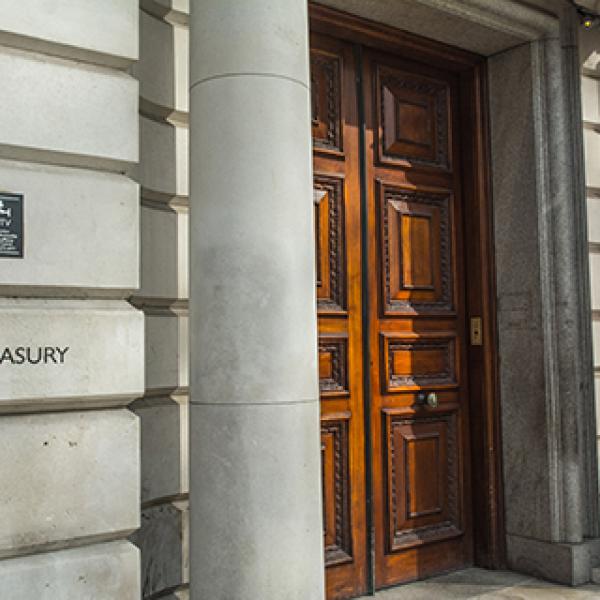Last Wednesday the Institute for Fiscal Studies, of which I am the director, launched a report on the public finance consequences of Brexit. I expected that I might be called upon to talk about its contents. As it turned out, I spent as much time defending the integrity of the IFS as explaining or defending the content of the report.
The accusation was that, because the IFS receives some funding from agencies associated with the EU, anything it says about Brexit must inevitably be tarnished. It cannot be seen as independent. Similar accusations have been made about other individuals and organisations weighing in to the debate.
For me this experience raises at least three issues that are crucial not just to the current debate about EU membership, but also to the question of how we can have an informed public debate about important issues more generally. First, is it really possible to say that some evidence and analysis is genuinely neutral and objective? Second, how can real evidence pierce through the wall of noise that inevitably surrounds contentious issues? Third, what is the appropriate way of funding research of public policy importance?
First, yes, in some domains evidence can be genuinely objective. In the Europe debate we can state as a fact that the UK’s net financial contribution to the EU is about £8 billion a year. (We can also state as a fact that our net contributions are not £350 million a week.) But what about claims about the future development of the economy? This is much harder. I cannot say it is a fact that the economy would do less well following a Brexit. What I can say is that the overwhelming weight of economic evidence suggests that that would be the case. We know that uncertainty is bad for growth and trade is good. The economics is straightforward, tested and accepted — rather like the underlying science behind climate change is straightforward, tested and accepted. In neither case is there certainty. In each case there is plenty of space for disagreement over the scale of the effects and the appropriate policy response.
That brings us to the second issue. Most of us will never study the economics or science that would allow us to test for ourselves whether the propositions I have just suggested are true. I happen to know enough about economics to make the one judgment for myself, but how can I say I know that in broad terms the science of climate change is clear? I’ve not studied science since A-level chemistry 30 years ago. Some basic understanding helps. But what really matters is trust in the overwhelming majority of scientists working in respected institutions.
Trust is key. That is why, for example, official economic forecasts are no longer made by HM Treasury where political manipulation could — and did — happen, but by the independent Office for Budget Responsibility. They will get things wrong but there is no reason to doubt their integrity.
At the IFS we have spent more than four decades building our reputation and experience in the particular fields in which we work. You can trust us to be scrupulously careful, objective and neutral. But why should you believe me when I say that? Why should you the reader believe, as I do, that we have a culture that absolutely ensures that we will be objective and independent at all times? In the end that can only come from experience of what we do and say. You’ll also want to know where our funding comes from — are we being paid in a way which looks at all dodgy? If we were to publish something funded by a brewer saying tax on beer should be cut, you would rightly ignore the report. You would also, rightly, downgrade your trust in anything else we might say. So how should high quality objective research be funded? Someone has to pay for it. Much though my colleagues and I love and value our work, we wouldn’t do it for nothing.
Some charitable foundations fund independent research, and we access some of that money, but their budgets tend to be limited. The most important funders of social science research in the UK, and of our work at the IFS, are the UK research councils. These are in turn funded by the government. So we must be in the pockets of the government? Anyone who has seen our analysis of recent budgets would find the proposition hard to believe. The research councils are genuinely independent of government, operating according to the Haldane principle. Government provides the money and then, genuinely, butts out. Government has to provide the money because this sort of research is a genuine public good. It’s not in the interest of any single private organisation to fund it.
Which takes us to why we at the IFS have European funding. It nearly all comes from the European Research Council, which acts on the same lines as the UK councils, funding wholly independently of the European Commission and only on the basis of academic merit. Money doesn’t come any cleaner than money from these research councils.
It is vital to our democracy that independent, high quality evidence informs public debate and the policy-making process. That requires institutions, funded independently of vested interests and with clear incentives to behave well, which can therefore be trusted. We don’t have enough of them.
Whatever the outcome of this referendum, it would be a tragedy if evidence and trust were to be long-term victims. We will need to repair the damage done in these febrile few weeks.
This article was first published by The Times and is reproduced here in full with permission.









